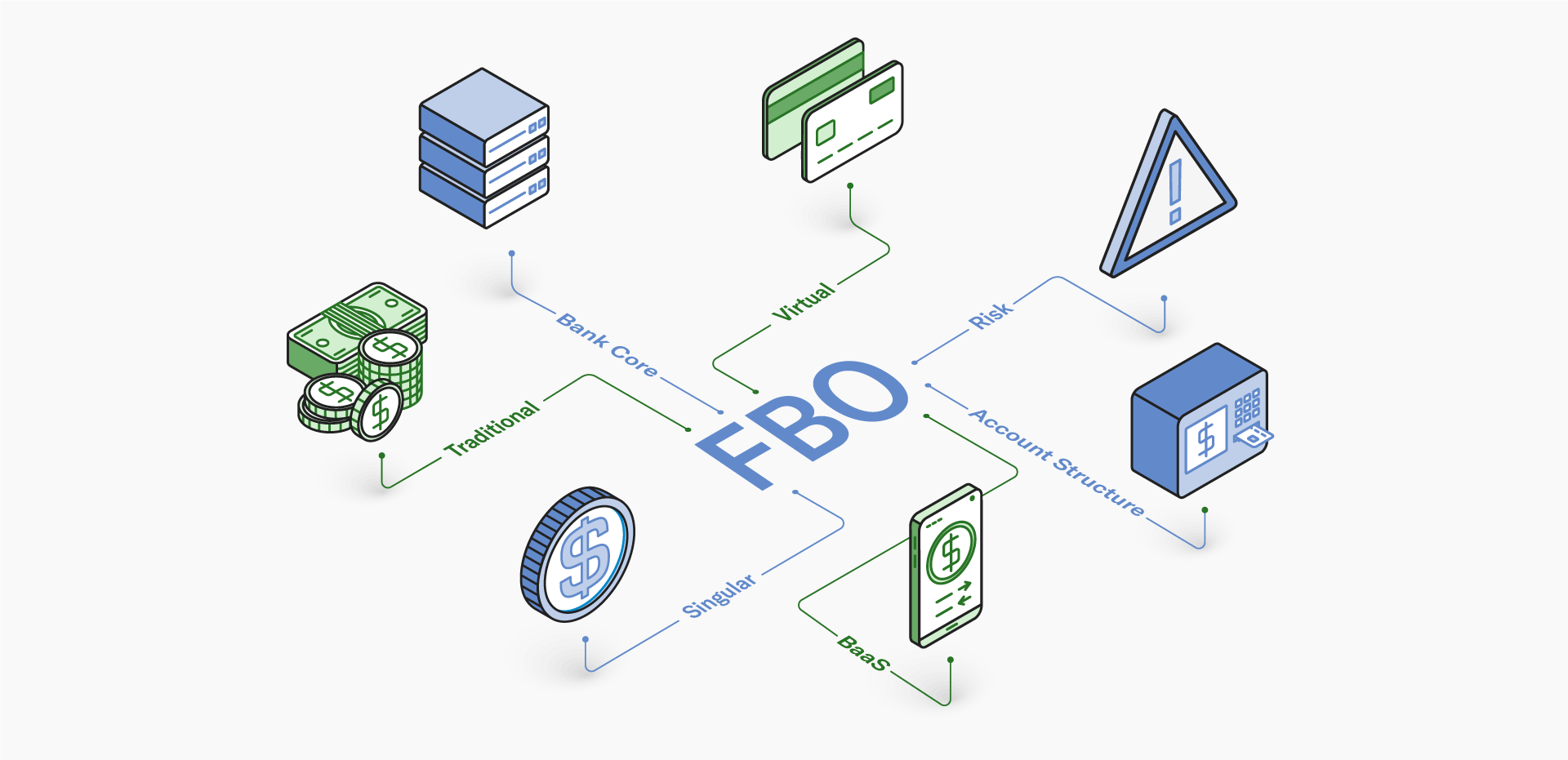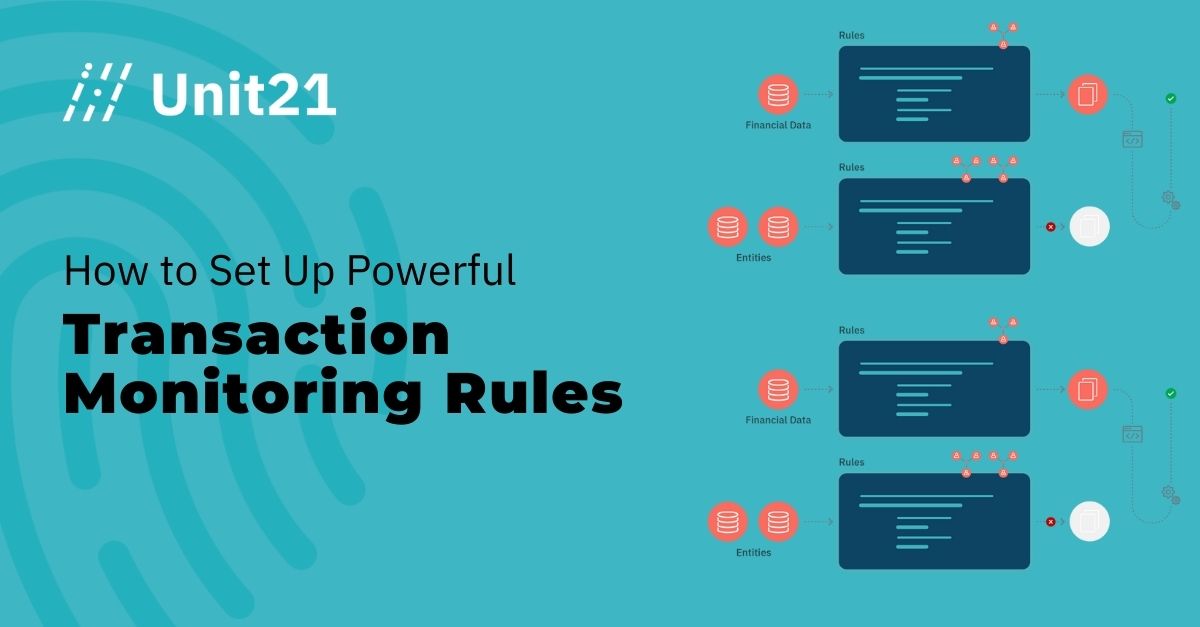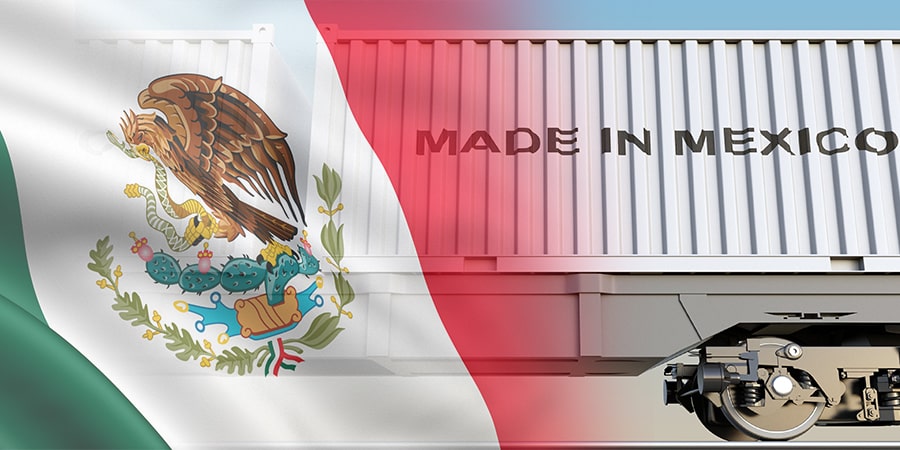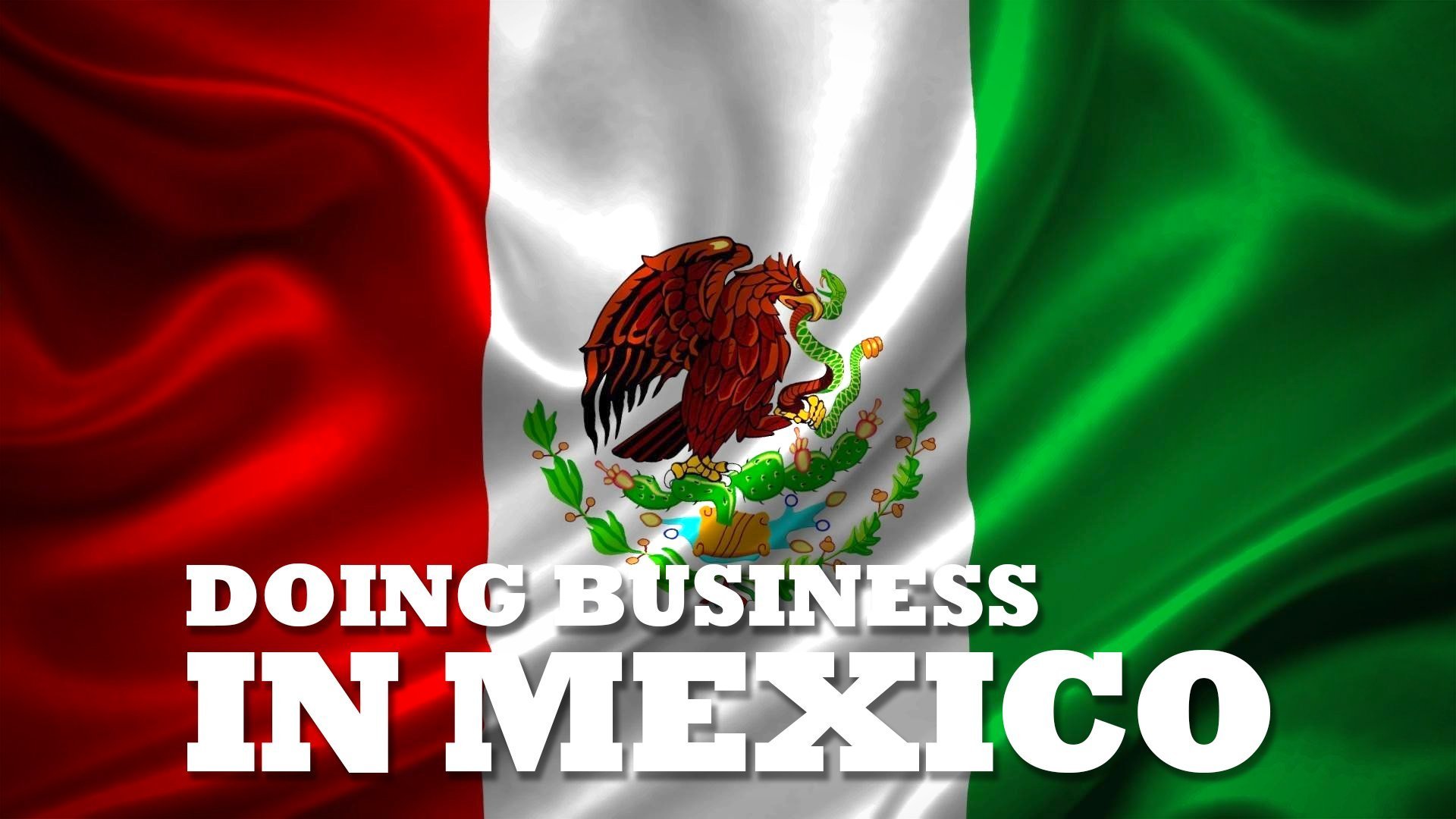Structuring a Fintech or Card Issuer without an MSB License
One of the biggest issues facing fintech and card issuers in the United States is how to structure the business to avoid the need for an MSB license. An MSB license can tie up many millions of dollars in capital and cost a fortune to acquire on a national level. Thus, there is how to structure a fintech or card issuer without an MBS license.
First, allow me to describe an MSB license. An MSB or Money Services Business license is a regulatory approval that is mandatory for any company operating in the money transfer industry or providing financial services. MSB is a broad term that encompasses various types of financial service providers such as currency exchanges, money transmitters, and stored value card issuers. The goal of this license is to prevent money laundering, terrorist financing, and illegal activities from being conducted through these companies.
For fintech or card issuer companies, obtaining an MSB license is critical because it enables them to legally operate in the financial industry. Fintech companies who engage in activities such as international transactions or online payments must have this license to conduct business. Card issuers, on the other hand, may need an MSB license when offering prepaid cards or other stored-value products. In addition to compliance with regulations, holding an MSB license can also help improve customer confidence and trust as it provides a level of legitimacy and credibility to a business.
Basically, any time you take control of customer funds, you need an MSB license. Thus, the way to eliminate the need for an MBS license as a fintech or card issuer is to not take control of customer funds. One way to accomplish this is to use an FBO account at your local bank.
An FBO (For Benefit Of) account is a type of bank account used to hold funds on behalf of a third party. It is different from a typical corporate bank account in that the funds in an FBO account do not belong to the account holder but rather to the named beneficiary or beneficiaries.
FBO accounts are commonly used in various scenarios, such as when a company collects funds on behalf of its clients, in trust accounts managed by lawyers, or by non-profit organizations to hold donations.
The primary difference between an FBO account and a regular corporate bank account lies in the ownership and control of the funds. In an FBO account, the account holder (usually a business) acts as a custodian, merely holding the funds in a fiduciary capacity for the benefit of the named beneficiary or beneficiaries. The account holder does not have the authority to use the funds for its own purposes.
In contrast, a typical corporate bank account is owned and controlled by the company, which can use the funds as needed for its business operations.
Regarding the need for an MSB (Money Services Business) license, FBO accounts can help reduce or eliminate the requirement for such a license because the account holder does not take possession of client funds. MSB licenses are typically required for businesses that transmit or convert money, such as money transmitters, currency exchangers, or check cashers.
By using an FBO account, a business can avoid being classified as an MSB because it does not take possession of client funds, nor does it engage in money transmission or currency exchange activities. Instead, it merely holds the funds in a fiduciary capacity on behalf of the client. However, it’s essential to consult with a legal or compliance expert to ensure the specific arrangement does not trigger any regulatory requirements, as regulations may vary depending on jurisdiction and the nature of the business.
I hope you find this information helpful. For more information on banking licenses, see our website on this topic, www.banklicense.pro. We are here to assist you structure a fintech or MSB or credit card issuing business in the United States or in Mexico. For more information, please send me a message to info@premieroffshore.com











